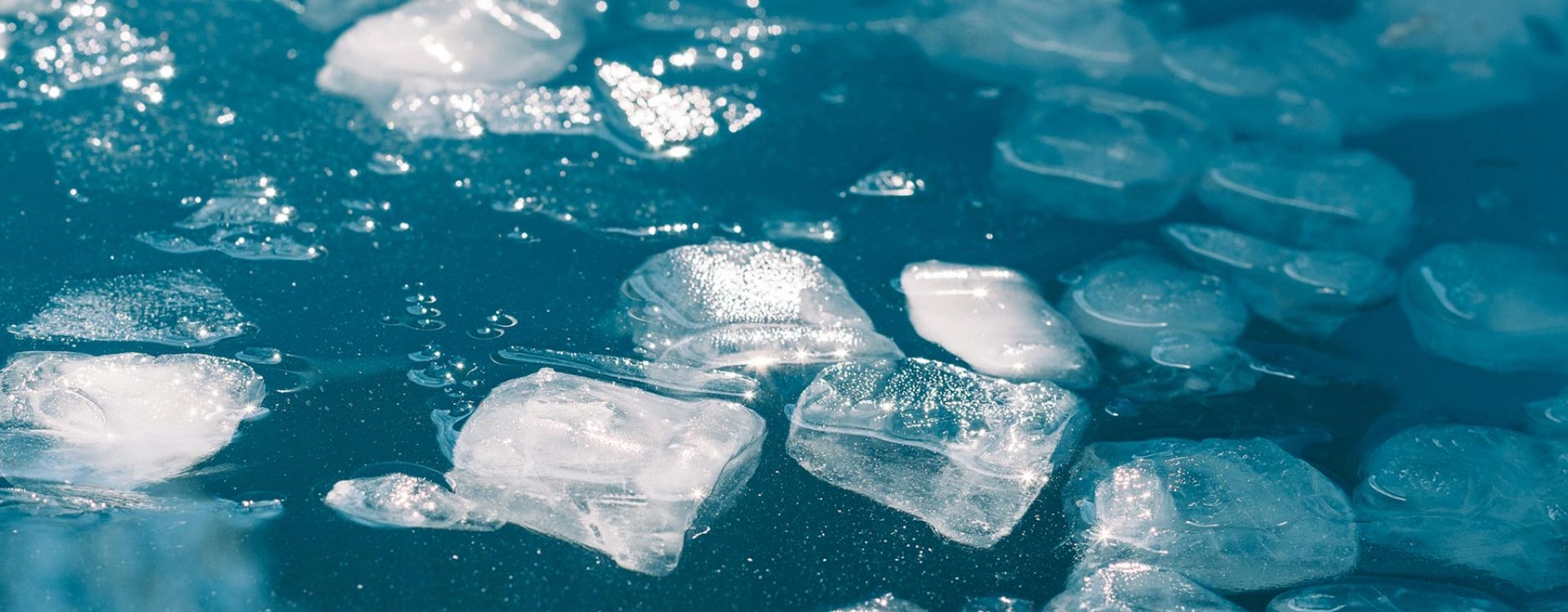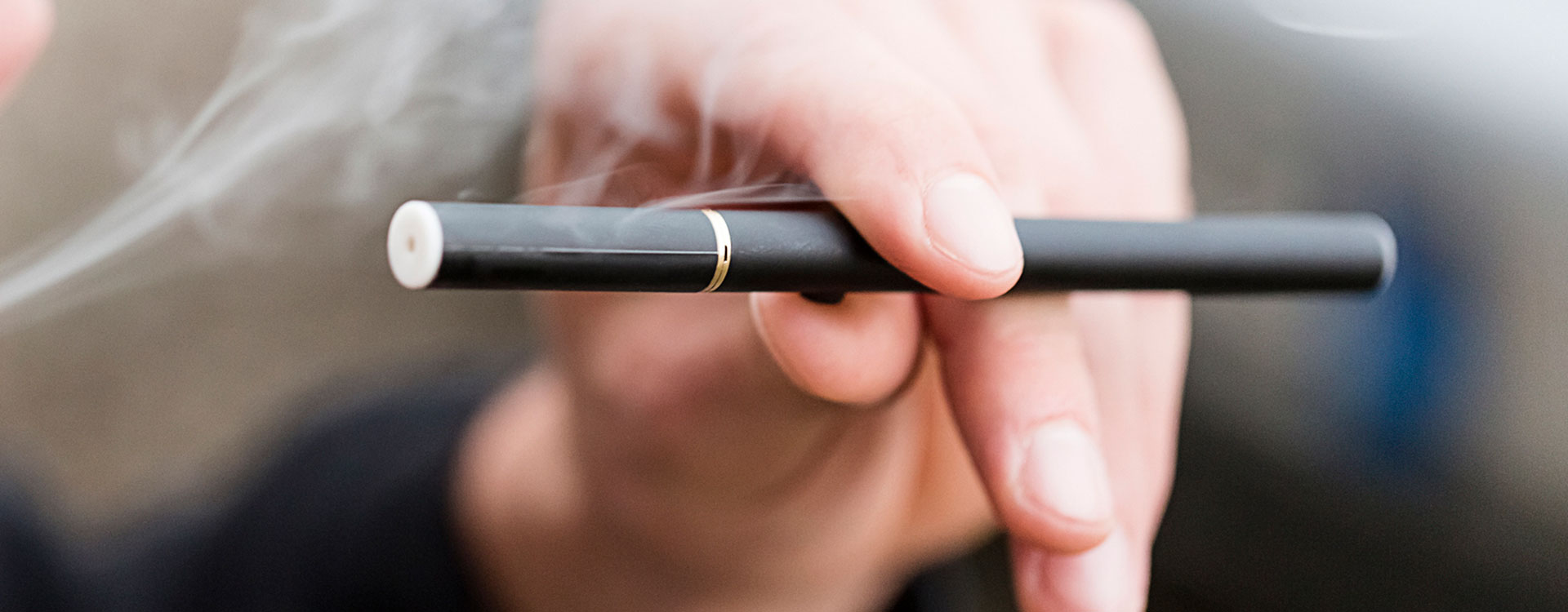For centuries, cold water therapy has helped treat multiple conditions and boost overall health. Also known as cold water immersion or hydrotherapy, the practice claims several benefits, ranging from reduced muscle soreness to improved mood.
A combination of anecdotal evidence and some scientific studies back the benefits of cold water immersion. However, more research is needed to understand the side effects fully.
The basics
Cold water therapy involves immersing your body in cold water for a brief period. The ancient practice typically includes soaking in water between 50 and 59 degrees. Ice baths, cold showers, swimming in cold natural bodies of water, and using ice packs are the most common methods. Avoid lingering in frigid water by keeping ice baths and cold showers to only a few minutes.
Rivers, lakes, and oceans are great ways to get natural cold water therapy. Lucky for us here in Western North Carolina that numerous beautiful waterfalls and swimming holes surround our region. Davidson River and Sliding Rock in Pisgah National Forest are popular options for swimming and cooling off during the summer. Hooker Falls in DuPont State Forest and Courthouse Falls near the Blue Ridge Parkway are other excellent choices.
Since conclusive research remains limited, cold water immersion is not recommended as the primary treatment for any health condition.
The pros
While more studies are needed, some research highlights many pros of using cold water, including better immune function, circulation, and a boosted metabolism.
Your body switches to survival mode when it comes into contact with frigidly cold water. This automatic response is because your circulatory system goes into overdrive due to the boost from the cold water. Increased blood flow rushes to protect vital organs while circulation constricts on your skin, improving your circulatory health.
You can also temporarily turn up your metabolism as you burn extra calories in an effort to regulate your body temperature. It is important to remember that cold water therapy is not believed to be an effective strategy for weight loss, especially for long-term results. Improved immune function is also linked to hydrotherapy since the burst of frigid water can stimulate white blood cell production.
Athletes might be the biggest champions of cold water immersion therapy as the technique may alleviate muscle soreness. Dipping into an ice bath post-workout constricts blood vessels, which could improve swelling and inflammation after physical activity. Cold water is also an effective way to cool off after a sweaty workout.
If you’re in need of a quick energy boost, submerging yourself in cold water could do the trick. The chilly immersion can increase adrenaline release, serving as a natural pick-me-up to battle fatigue and brain fog.
Cold water immersion is not only limited to physical health benefits. Researchers have noted that cold showers could help mental health conditions like depression and anxiety. Exposure to cold may help activate the sympathetic nervous system and increase the endorphin levels. The practice can help alleviate symptoms but does not cure any mental health condition.
The cons
While the side effects of hydrotherapy are favorable for many people, the practice isn’t for everyone, especially individuals with certain pre-existing conditions. For example, if you have heart disease, the shock from frigid water could stress your heart and cause arrhythmia. Hypothermia is also a risk to consider when dealing with extremely cold waters.
Your risk levels will vary based on general health, age, weight, and previous experience with cold water therapy. Consult your healthcare provider before trying any new therapeutic practice. Visit pardeehospital.org.





